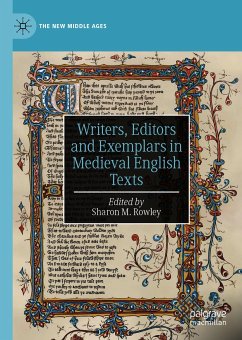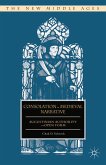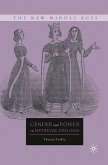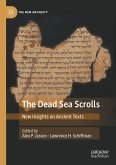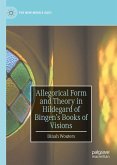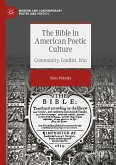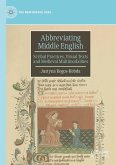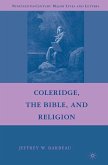Dieser Download kann aus rechtlichen Gründen nur mit Rechnungsadresse in A, B, BG, CY, CZ, D, DK, EW, E, FIN, F, GR, HR, H, IRL, I, LT, L, LR, M, NL, PL, P, R, S, SLO, SK ausgeliefert werden.
"This book is a collection of thirteen papers, mostly by established and distinguished Scholars ... . Von Nolcken's interest in textual scholarship and close attention to detail are well served by her colleagues in this collection. It continues many conversations: on lollards, on Chaucer's marriage debates, on saints and martyrdom, on the complications of editing and the textual history of manuscripts and books. ... a satisfying and productive read." (M. J. Toswell, Journal of English and Germanic Philology, Vol. 123 (1), January2024)

